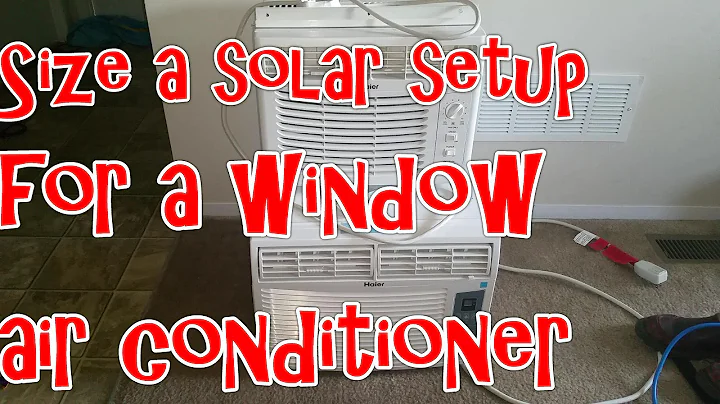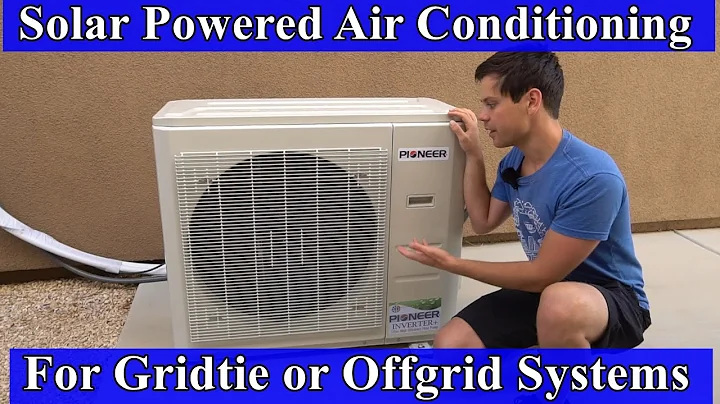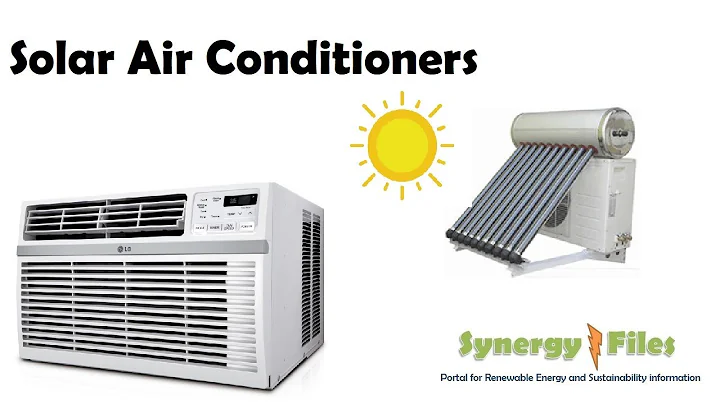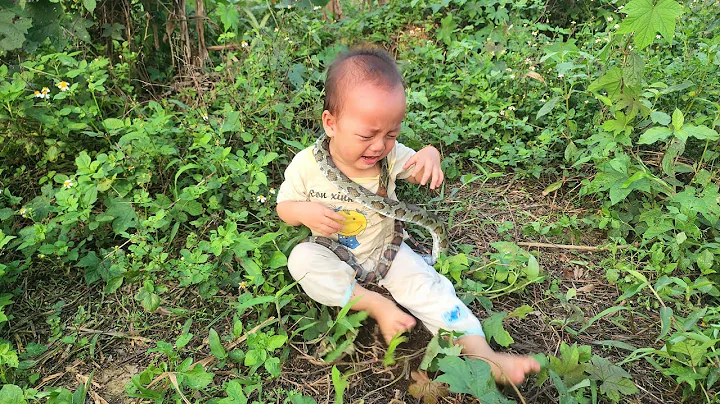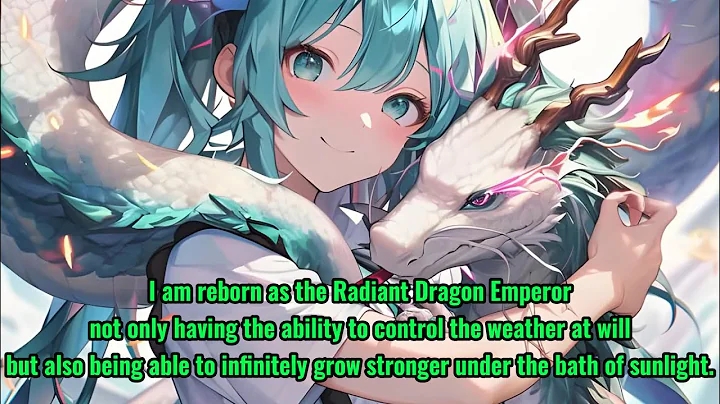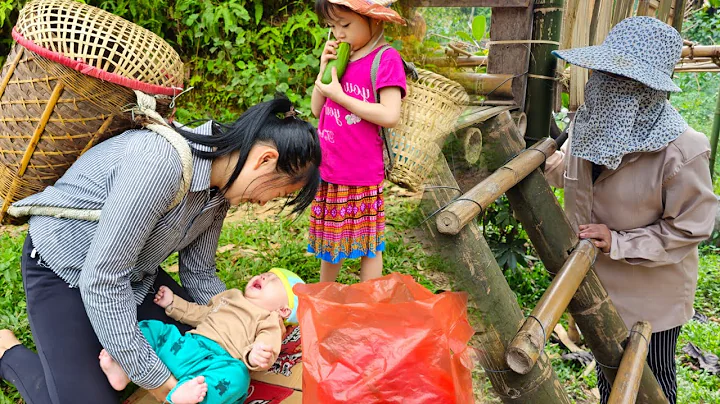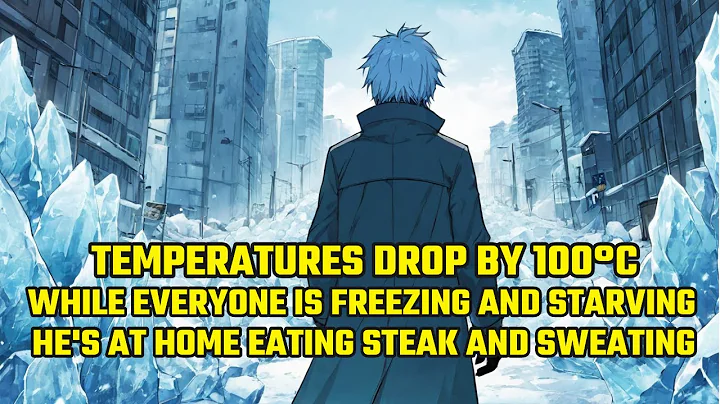
After the summer solstice, the weather is gradually getting hotter and the temperature continues to soar. "Air conditioner life-sustaining mode" has been activated in various places, but parents are still confused about whether to turn on air conditioners for their children. If you don't turn on the air conditioner, you're afraid that your baby won't be able to withstand the scorching summer heat and will wake up all night sweating. If you turn on the air conditioner for a long time, you're afraid that your baby will suffer from " air conditioning disease ". Many grandparents get up in the middle of the night and secretly turn off the air conditioner because they are worried. What should we do? Should children be allowed to use the air conditioner? Is it really easy for children to get "air conditioning disease" if they stay in an air-conditioned room for a long time?

What we often call "air conditioning disease" is actually not directly related to the air conditioner itself. The more professional name of "air conditioning disease" is "Sick Building Syndrome" (Sick Building Syndrome), which refers to the symptoms in buildings or other types of building syndrome. Symptoms such as dizziness, headaches, loss of appetite, upper respiratory tract infection -like symptoms, and joint aches caused by poor indoor air quality in enclosed spaces.
At present, the cause of "air conditioning disease" has not yet been determined. Some scholars believe that it may mainly come from indoor air pollutants and may also be related to improper use of air conditioners. In summer, air conditioners are used frequently and if the air conditioners are not cleaned for a long time, a large amount of dust, dust mites , and bacteria and fungi will accumulate. However, a suitable temperature, closed light-shielding environment and poor air circulation provide favorable conditions for the survival of bacteria and mold. If it is not cleaned properly before use, the direct blowing time is too long, and the dry air will affect our respiratory tract, causing obvious discomfort. Especially for some people with sensitive airway mucosa, such as infants and young children, those allergic to mold/ dust mites, and patients with allergic rhinitis.
Generally speaking, there are more benefits to turning on air conditioning for children in summer. In addition to cooling, it also helps the baby sleep, keeps the baby away from prickly heat and eczema , and can reduce the occurrence of " Sudden Infant Death Syndrome ". Therefore, it is important to keep the baby in a relatively cool sleeping environment.

Wang Yu, a pediatric resident at Shunyi Women's and Children's Hospital of Beijing Children's Hospital, emphasized that parents need to pay attention to the following aspects if they want to allow their babies to enjoy air conditioning with peace of mind during the hot summer season.
1. The air conditioning temperature should be appropriate. When blowing the air conditioner on your baby, it is recommended to set the temperature around 25-26 degrees. But we also need to judge based on the baby's comfort and wear and take off clothes appropriately. Generally, it is appropriate if the child does not sweat, and avoid direct air blowing from the air outlet of the air conditioner.
2. Ventilate the room regularly to maintain air convection . Ensure ventilation at least once a day in the morning and evening for 10-20 minutes each time to ensure fresh indoor air. Adults should avoid smoking indoors. If your baby has allergies or respiratory problems, you can install an air purifier indoors to improve the air quality.
3. Pay attention to moisturizing and hydrating. After a baby has been in an air-conditioned room for a period of time, the baby may feel dry. This is because the water in the body is evaporated by the air-conditioning, and the air conditioner does not have the ability to adjust humidity. Parents should feed their babies some water from time to time. . At the same time, we should also strengthen the care of the baby's dry skin, and use a humidifier if necessary.
4. Clean the inside of the air conditioner regularly. Components including filters, pipes, cooling plates and heat sinks are disinfected and cleaned to avoid dust accumulation and the growth of viruses and microorganisms to a certain extent.
Although it is said that cooling is needed in summer, babies also need to keep warm in summer. Because the skin of newborns or babies is thin, there is less subcutaneous fat, the body surface area is very different from that of adults, they dissipate more heat, produce less heat, and the temperature regulation center is not yet fully developed. Therefore, when the temperature is too low, the newborn's body temperature is easily affected by the indoor ambient temperature, causing the body temperature to not rise. In severe cases, the subcutaneous fat will solidify and harden, leading to scleredema, which can even be life-threatening. So the scientific way to enjoy the coolness is very important!
text|pediatrics Wang Yu


